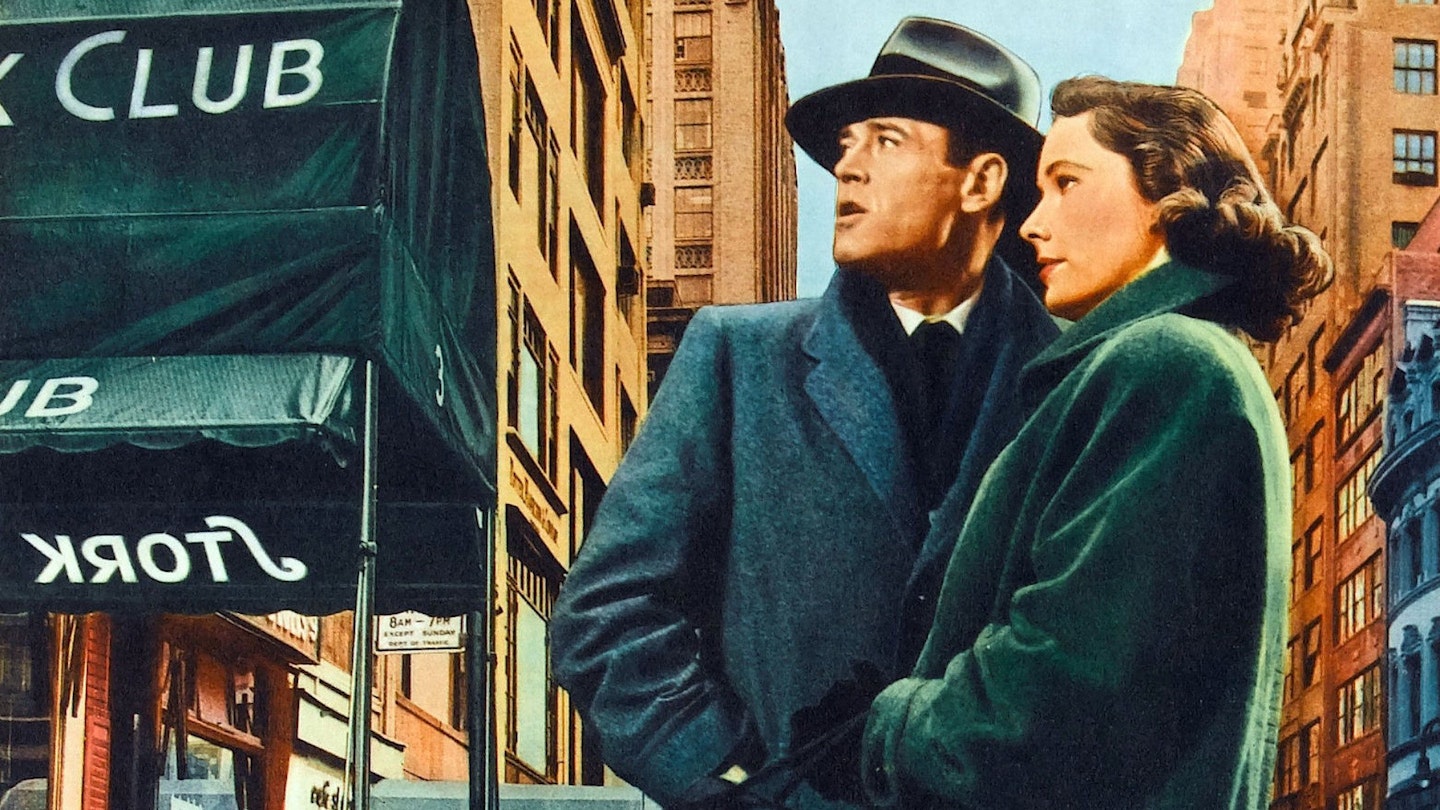Robert Montgomery had produced an NBC teleplay about the plight of Christopher Emmanuel Balestrero in 1954, with Robert Ellenstein in the lead. However, Alfred Hitchcock returned to Herbert Brean's 1953 *Life *magazine article, `A Case of Identity', for this sombre drama, which chimed in so precisely with his trademark theme of the vicitimised Everyman that he made the picture without a fee.
In addition to trusted stalwart Angus MacPhail, Hitchcock hired playwright Maxwell Anderson to collaborate on the screenplay, as he had based his 1935 hit Winterset on the injustices inherent in the infamous Sacco-Vanzetti murder trial. But the most significant influence on the film's mood and mentality was Charles Dickens's Bleak House, which not only contained an interminable law suit, but which also focused on the confounding caprices of fate.
Indeed, such was Hitchcock's preoccupation with the ethereality of Manny's situation that he used the dissolve at regular intervals to suggest the fragility and transience of life, liberty and sanity. The freakish disappearance of the witnesses who could have given him an alibi is anticipated in the opening Stork Club sequences, in which the patrons seem to melt away during the course of the evening. But Hitch resorted to a similar device at the moment of redemption, as he follows Manny's prayer to the picture of Christ (Emmanuel' means God With Us') with the superimposition of Henry Fonda's face on to that of the real culprit just as he is about to be apprehended by the courageous delicatessen owner.
Such religious overtones bind the film in to I Confess and To Catch a Thief. But Hitchcock was also keen to invert the conventions of the police procedural. Ever since his childhood, he had been terrified of the police and by presenting this true-life saga from the perspective of the protagonist rather than the interrogating officer, Hitch generated a new kind of suspense that revolved around a helpless individual waiting for mitigating evidence to emerge rather than a procactive hero who seeks out the real perpetrator.
Unfortunately, audiences failed to respond and this remains an undeservedly minor outing.
